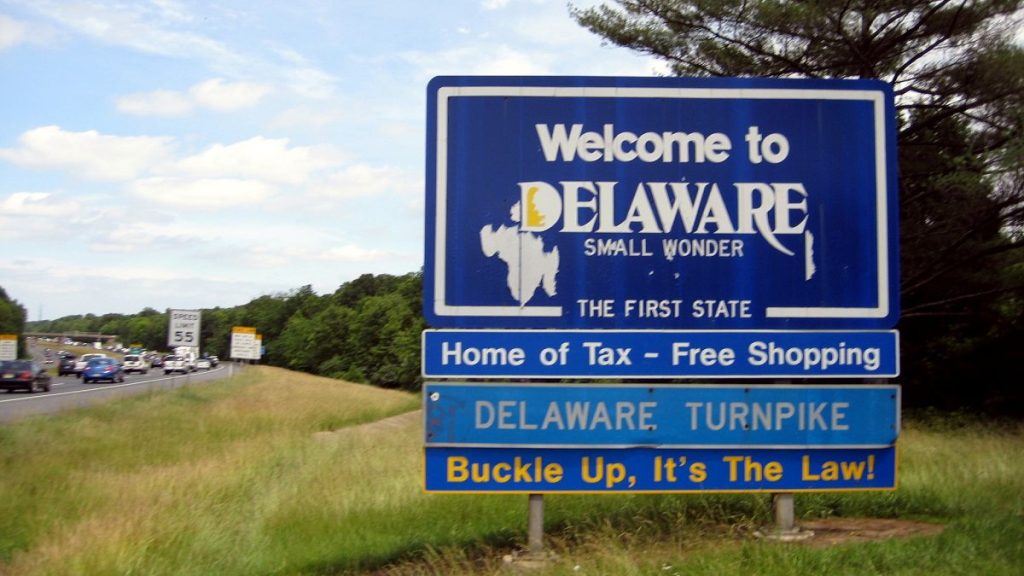The question posed by former Italian Prime Minister Mario Monti, “Where’s Europe’s Delaware?”, highlights a critical debate about the future of the European Union: how to balance the need for harmonized regulations across the bloc with the desire for individual member states to retain a degree of regulatory autonomy and competitiveness. This tension is particularly evident in the area of corporate law, where Delaware in the United States serves as a compelling, albeit imperfect, analogy for its streamlined incorporation processes, specialized courts, and predictable legal framework, making it an attractive destination for businesses. Monti’s query underscores the EU’s ongoing struggle to create a similarly attractive and unified business environment that fosters innovation and investment while simultaneously upholding common standards and preventing regulatory fragmentation.
The absence of a “European Delaware” stems from several interconnected factors. Foremost among these is the inherent complexity of the EU’s multi-layered governance structure and the diversity of its member states’ legal traditions and economic priorities. Unlike the United States, where a single national legal framework governs corporate law, the EU operates within a system of shared competences, requiring delicate negotiations and compromises among member states, the European Commission, and the European Parliament. This often leads to lengthy legislative processes and diluted regulations that struggle to achieve the efficiency and clarity of Delaware’s system. Moreover, member states are often reluctant to cede control over corporate law, viewing it as a crucial instrument for promoting national economic interests and protecting domestic businesses. This resistance to harmonization fuels regulatory competition among member states, creating a complex patchwork of rules that can be difficult for businesses to navigate.
The search for a “European Delaware” reflects a broader tension between two competing visions for the future of the EU: a fully integrated federal system with harmonized rules across the board, and a more decentralized model where member states retain greater autonomy. Proponents of a more federalized approach argue that a unified corporate law framework would create a level playing field for businesses, reduce transaction costs, and enhance the EU’s global competitiveness. They point to the potential for greater economies of scale, increased cross-border investment, and a more efficient allocation of capital within the single market. A centralized system, they contend, would also facilitate enforcement of regulations and prevent regulatory arbitrage, where businesses exploit differences in national rules to their advantage.
Conversely, proponents of a decentralized approach argue that preserving member states’ regulatory autonomy fosters competition and innovation. They believe that allowing individual countries to tailor their corporate law frameworks to their specific economic circumstances encourages experimentation and allows for the development of best practices that can then be adopted by other member states. They also emphasize the importance of subsidiarity, the principle that decisions should be taken at the lowest possible level of government, closer to the citizens they affect. In this view, a “one-size-fits-all” European Delaware could stifle innovation and fail to address the unique needs of different national economies.
The debate over a “European Delaware” also raises the crucial question of what model the EU should emulate. While Delaware offers a compelling example of a successful regulatory framework, it is not without its critics. Concerns have been raised about its lax corporate governance standards, its role as a haven for shell companies, and its potential to facilitate tax avoidance. Furthermore, Delaware’s success is arguably contingent on its unique position within the U.S. legal and economic system, making it difficult to replicate elsewhere. The EU, therefore, needs to carefully consider the potential downsides of a Delaware-style system and explore alternative models that may be more appropriate for its specific context.
The quest for a “European Delaware” remains a complex and ongoing challenge. Finding the right balance between harmonization and regulatory competition will require careful consideration of the diverse interests and priorities of member states, as well as a nuanced understanding of the potential benefits and risks of different regulatory models. Ultimately, the solution may lie in a hybrid approach that combines elements of both centralized and decentralized regulation, allowing for a degree of flexibility while ensuring a level playing field for businesses operating within the EU. This could involve establishing minimum harmonized standards for certain aspects of corporate law, while leaving room for member states to tailor their frameworks to their specific needs in other areas. Furthermore, fostering greater cooperation and coordination among national regulatory authorities could help to reduce fragmentation and enhance the efficiency of the EU’s corporate law landscape. The debate over “Europe’s Delaware” ultimately underscores the ongoing evolution of the European project and the ongoing search for the optimal model for balancing unity and diversity within the bloc.














